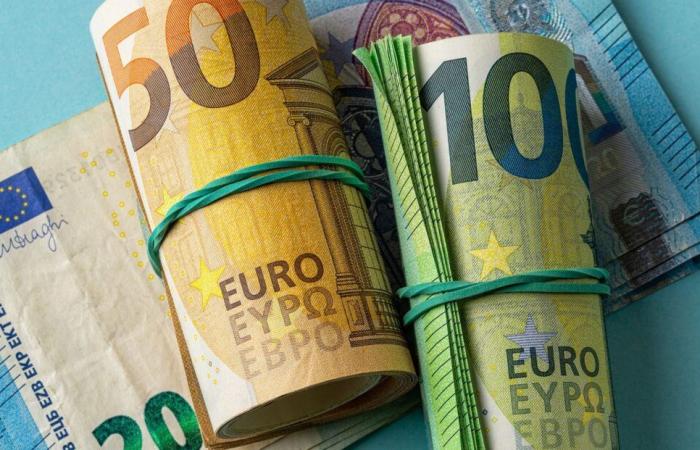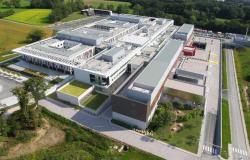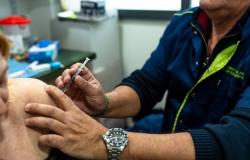On January 5, 2025, a spectacular rise in the exchange rates of the euro and the dollar shook the black market in Algeria. This unexpected surge highlights ongoing tensions over foreign currencies in the country. The euro, in particular, experienced notable growth, outperforming the dinar in a context marked by economic instability.
In just 48 hours, the price of the euro jumped by 8,5 dinarsreaching 257 DZDagainst 242 DZD previously. The dollar followed a similar trajectory, rising by 6,5 dinars to settle in 243 DZD. This renewed value comes after a period of apparent stability, surprising both currency traders and observers.
This rapid increase is all the more unusual as it occurs after the winter holidays, a period generally marked by a drop in demand for foreign currencies. This reversal highlights underlying factors fueling the black market.
Economy
Oil hits highest level since October
A black market under pressure
Several elements can explain this surge in exchange rates. First of all, the delay in implementing the new tourist allowance reduced access to foreign exchange through official channels. Many individuals, excluded from benefits, have turned to the parallel market, creating tension on supply.
At the same time, significant fluctuations in exchange rates throughout 2024 have contributed to lasting instability. The euro had reached a record peak of 262 DZD in December, before quickly falling to 242 DZD. This irregular cycle complicates expectations and reinforces volatility.
Finally, external causes, such as unforeseen variations in demand or adjustments in financial flows, could also have influenced this increase. The scarcity of currencies on the black market remains a key factor, accentuated by the growing gap between official and parallel rates.
A striking difference with the official market
On the official market, exchange rates remain stable, according to data from the Bank of Algeria. The euro is fixed at 140 DZD and the dollar 135 DZDvalues very far from the prices practiced on the black market. This structural gap reflects a demand that is much higher than the supply available through legal channels.
Economy
A spectacular oil announcement in Morocco finally denied
This situation pushes many Algerians to turn to the parallel market to obtain foreign currency, whether to travel, finance studies abroad or invest. In the absence of an effective mechanism to regulate this gap, the black market continues to play a central role in the country's informal economy.
2025, a year of possible changes?
The introduction of the new tourist allowance could modify current dynamics. If this reform is well implemented, it could reduce pressure on the black market by meeting part of the demand for foreign currency. However, too restrictive management or an insufficient number of beneficiaries risks causing the opposite effect.
The Algerian authorities will also have to rely on solid monetary and economic policies to stabilize the dinar. The objective will be to gradually reduce the gap between official rates and those of the parallel market, while ensuring a sufficient supply of foreign currency to meet growing needs.
A major challenge for Algeria
Dependence on the black market to obtain foreign currency highlights deep economic fragilities. As long as rate differences persist, the dinar will remain subject to fluctuations in foreign currencies. This instability weighs on consumers, affects trade and limits the State's ability to control financial flows.
Economy
Forbes ranking of billionaires at the end of 2024: Issad Rebrab stagnates
Thus, the recent surge in the exchange rates of the euro and dollar is a reminder of the continuing challenges for Algeria. While the euro regains the advantage against the dinar, the reforms planned for 2025 must live up to expectations, with the aim of restoring a lasting balance between the different segments of the currency market.






